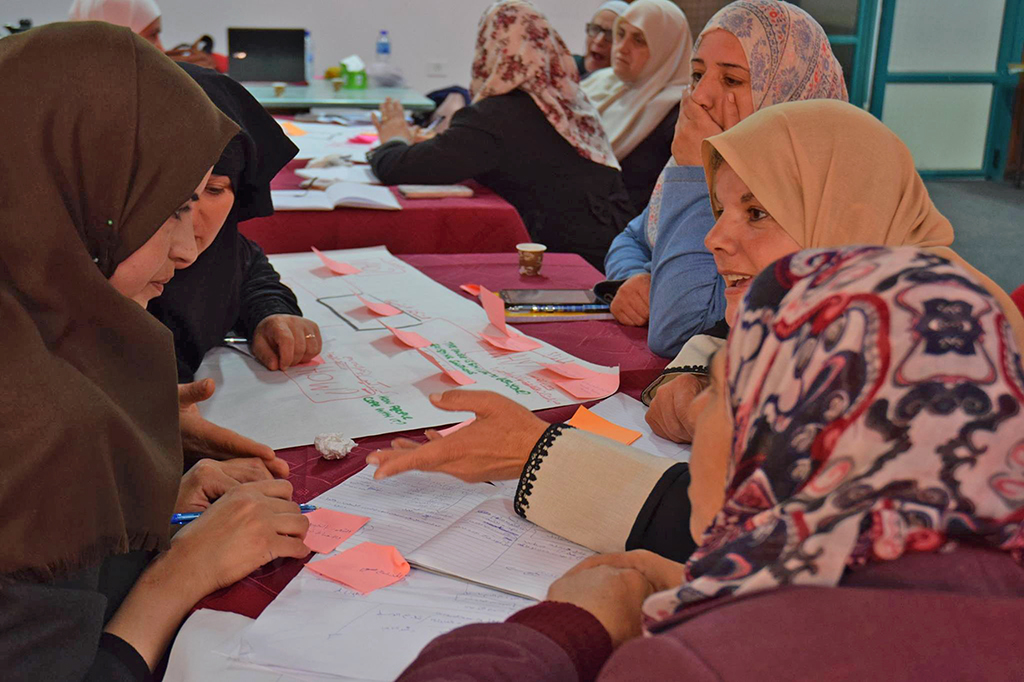To strengthen the participation of persons with disabilities to social and economic life in Palestine, ARCO Researchers carried out two Emancipatory Research under the framework of the project Particip-Action – implemented by the NGO Educaid, in collaboration with RIDS and funded the Italian Ministry of Foreign Affairs and Cooperation – and the project Empowerment of DPOs promoting WWDs’ rights in the West Bank – funded by the European Commission. In their latest paper Disability in Palestine: findings and news perspective from Emancipatory Research, that appeared in the Journal of Universities and International Development Cooperation, Inclusive Development Unit‘s Researchers present the result of their work, focusing on the deprivations of persons with disabilites in the West Bank in terms of access to inclusive and effective education, and introduce Emancipatory Research as a methodology based on an emancipatory and participatory process that is able to produce high quality information.
The project
Palestine is a very peculiar context to study inclusion and disability because of its delicate social and political status. According to the last available disability survey about Palestine (PCBS, 2011), disability prevalence is around 2.7% and data clearly shows that the level of participation of persons with disability to the social and economic life is very low.
Access to education for Palestinian persons with disabilities is still weak and educational outcomes are generally poor. Jones et al. (2016) underline that the lack of monitoring of the effectiveness of the inclusion Palestinian children with disabilities is of the most urgent problems. Through Emancipatory Research, persons with disabilities and of Disabled Persons Organizations can contribute to establish a monitoring and evaluation system of the inclusiveness of the Palestinian education system.
Emancipatory Reasearch
Both Emancipatory Researches have been conducted by ARCO Researchers in the West Bank. The first involved a group of 11 Disabled Persons Organizations: participants to the process collected quantitative information from about 100 schools in 7 governatorates with the aim of evaluating their degree of accessibility.
The second involved a group of women with disabilities. Researchers implemented 3 focus groups with different selected targets, 16 life course interviews and 6 interviews to teachers with a strong experience concerning education of children with disabilities. In both researches, groups were in charge for all the steps including data collection and data entry.
The overall picture identifies lack of investments, of a vision on how to reach the highest possible level of inclusiveness, and also a lack of infrastructure aimed at fostering the participation of students with disabilities. If on the one hand the result point out that the role played by the education system is of course the pivotal component of the right to education, on the other the role of the family, the transport network, and others factors emerged as possible barriers to the development of an inclusive education for Palestinian students with disabilties.
